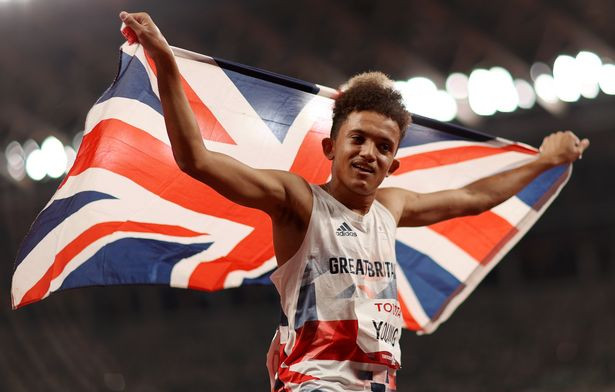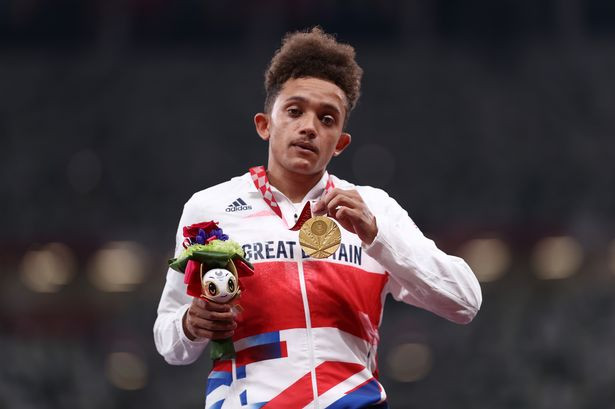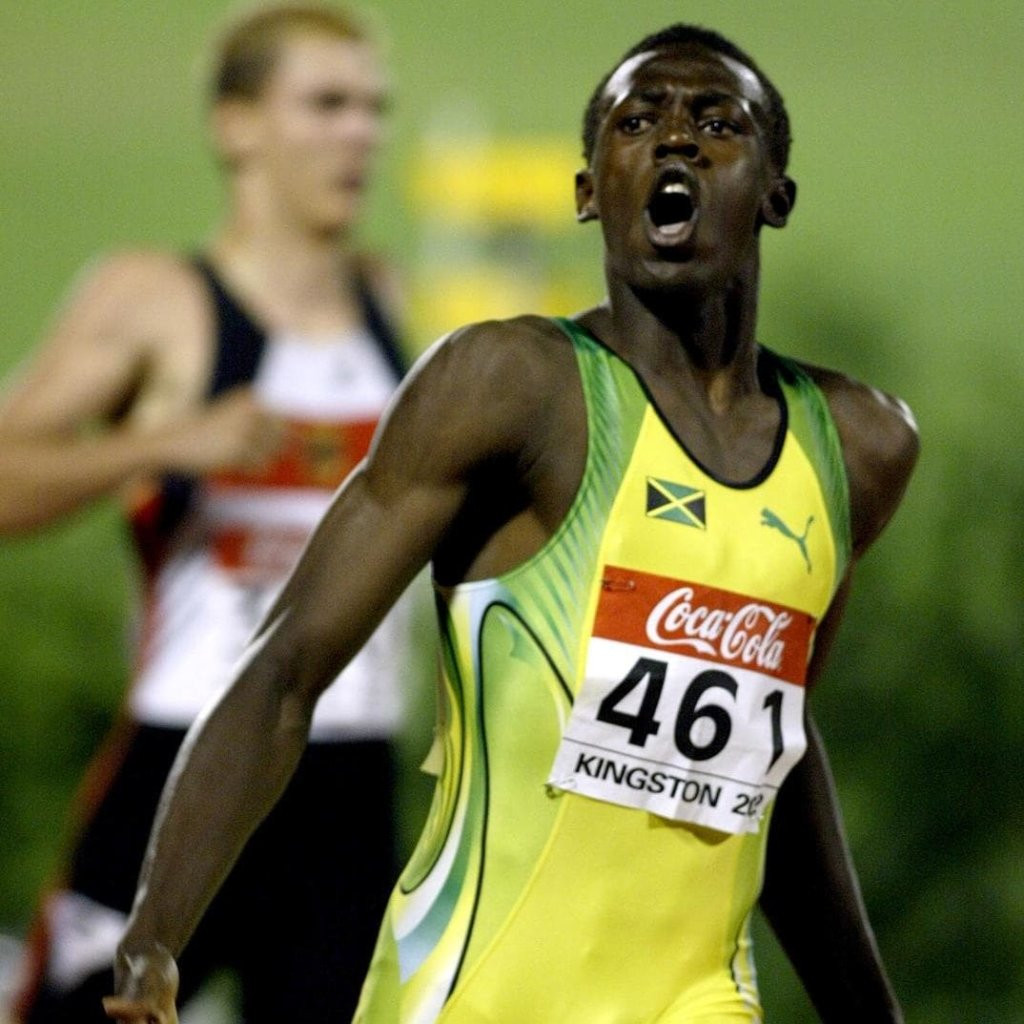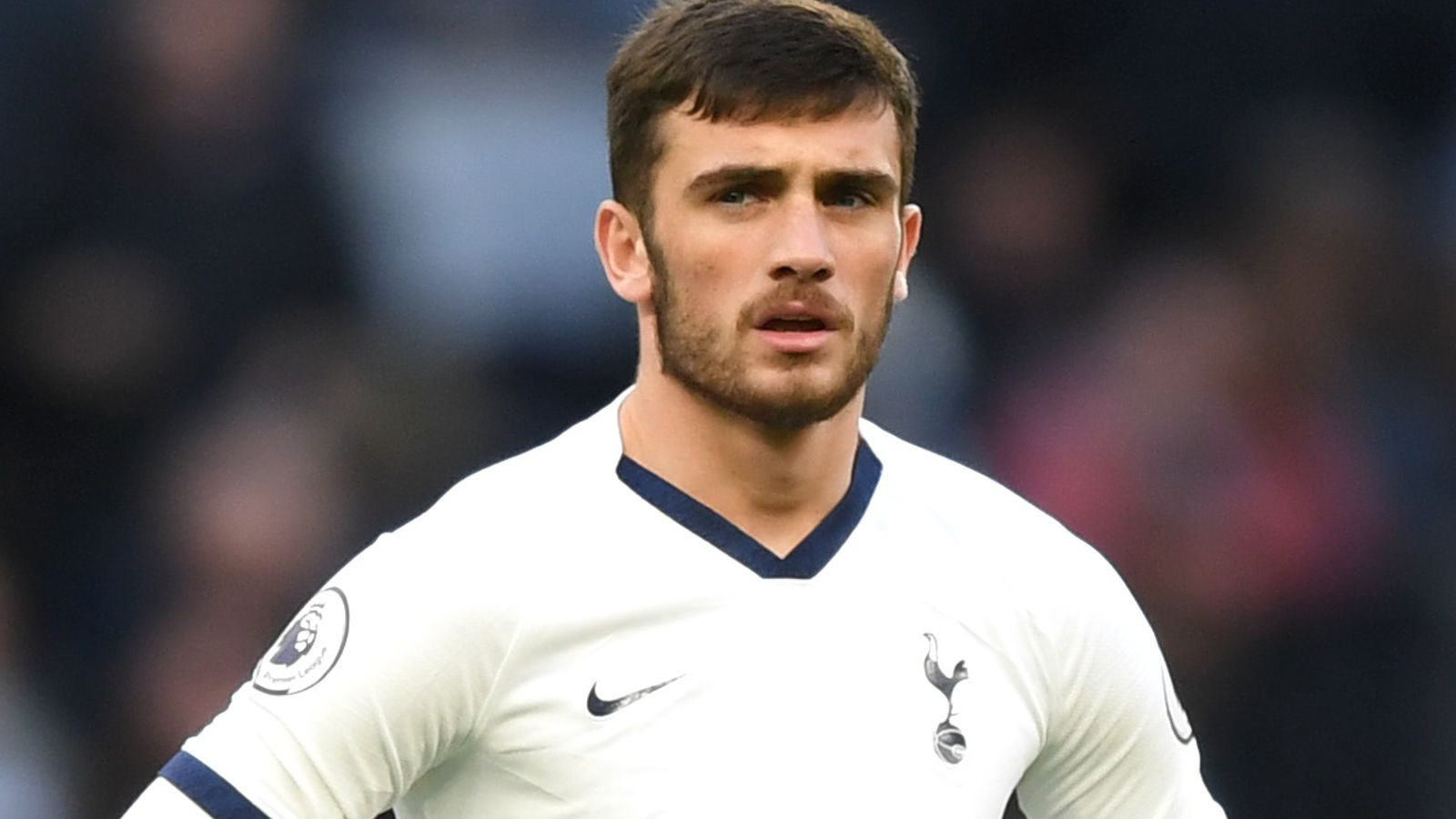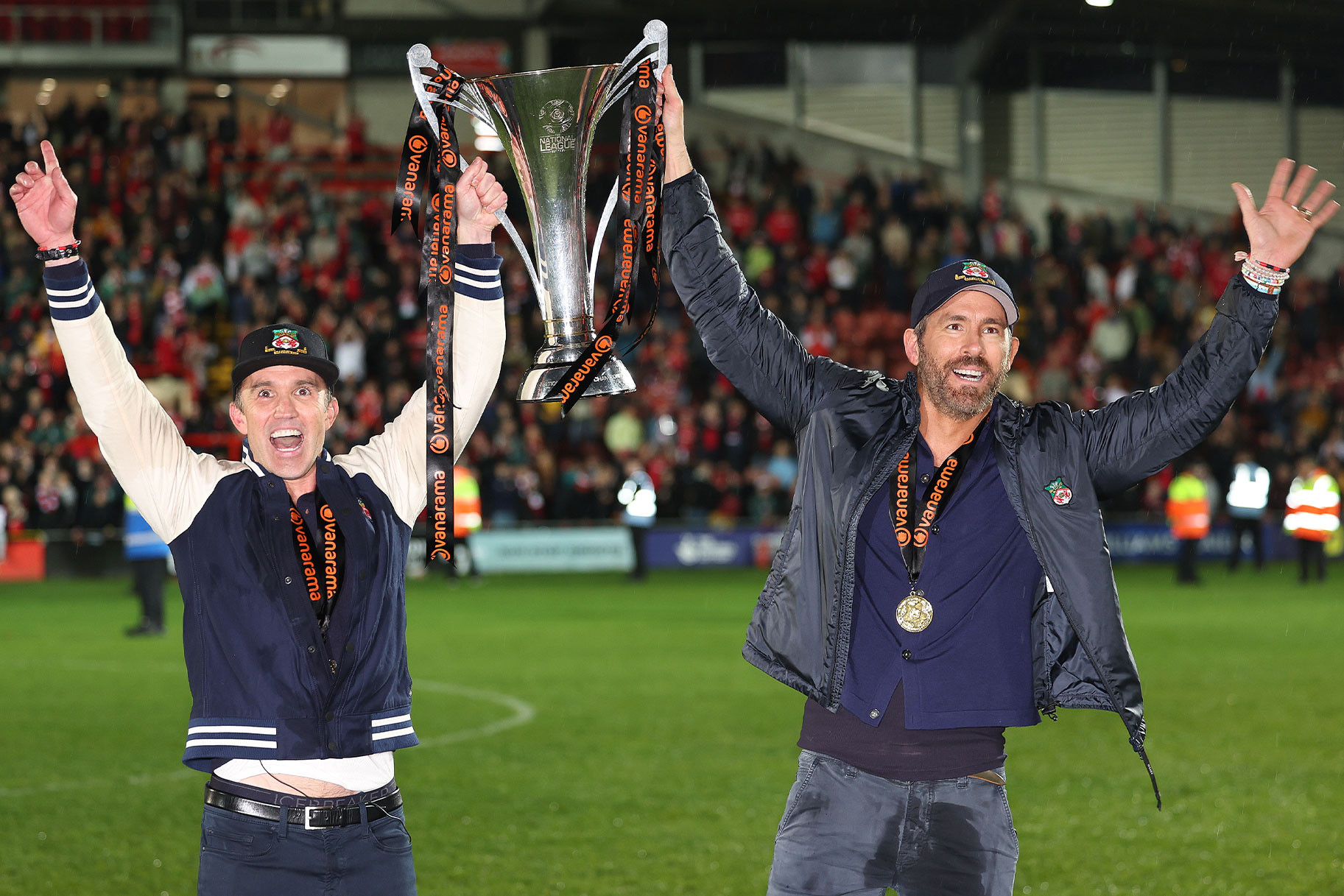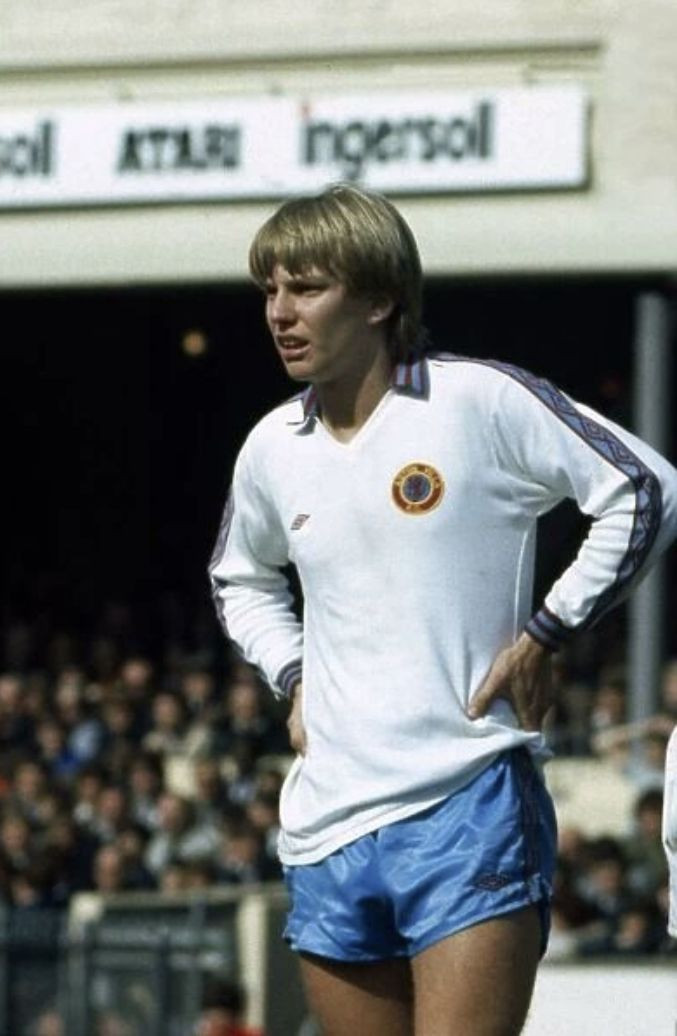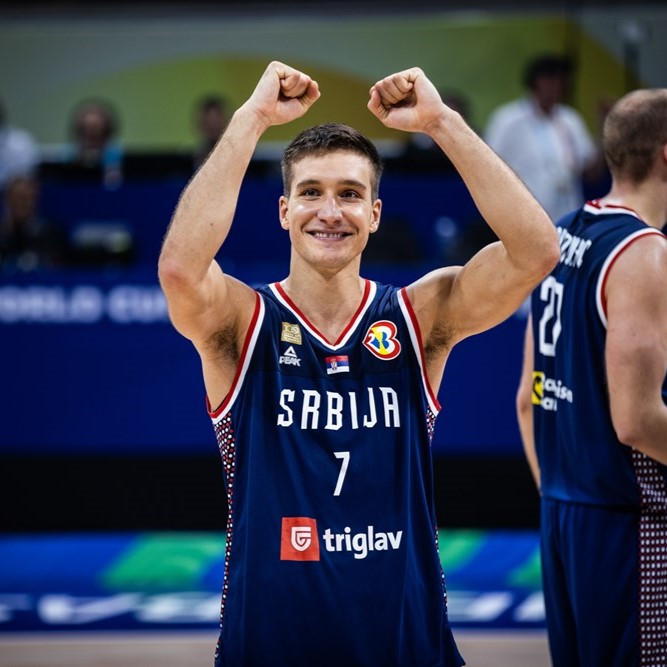Thomas Young vowed to see Usain Bolt and raise him after striking Paralympic gold in Tokyo – now he finally gets his chance.
Now 1,099 days later he gets his chance to do the double as the 24-year-old lines up to defend his T38 100m final at a jumping Stade de France on Saturday.
“The really great champions, like Usain Bolt, defend their big titles – that’s what I want to do. When you’ve won a Paralympic gold you really just want another one,” said Young.
“I like the pressure, the more pressure, the quicker I run. I’m in the best form I’ve ever been and just being at the Paralympics brings back all those good memories.
“I’ve developed a lot as an athlete since Tokyo, especially mentally. I know what to expect, I’ve done it before.
“I’m not sure what it’ll take to win but we know the track is really fast from the Olympics. The world record was set just a few weeks ago and perhaps it’ll take that too. I’ve also said being the world record holder was the dream.”
Young hasn’t had it all his own way since his breakthrough three years ago, missing the Commonwealth Games in Birmingham with a leg ligament injury.
He spent more than a year working with coach Joe McDonnell in Loughborough to get back to full fitness. Thanks to National Lottery funding, together they’ve overhauled his approach to diet and nutrition to lose weight and bulk up, Young claiming it was too late to be at his best for last year’s Worlds, where he just missed out on gold.
“You have high expectations after winning a Paralympic title and to have to put those expectations on hold for a couple of years is difficult, but now that I’m back to my best,” he added.
“I don’t think my body felt back to full fitness till last December but winter training could not have gone better.”
American Jayden Blackwell is the current world champion – and clocked the world record 10.72 seconds in Miramir last month – while China’s Zhou Peng and France’s Dimitri Jozwicki have been posting some eye-catching times too.
But a 10.92 second personal best at the recent London Diamond League underlines why Young won’t be letting go of this title without a scrap.
“Our sport is always moving on, the Americans and Chinese will be strong, there’s a French runner too so the crowd will be buzzing, I just can’t wait for the atmosphere,” he added.
“It’s going to be an unbelievably good race so everyone needs to watch, let’s get that gold and then start thinking about LA.”
Young admits he enjoyed the attention after returning from Toyko, in addition to his message from Bolt, he received his MBE from Prince William and the lifelong Fulham fan got a special reception on the pitch at Craven Cottage.
“I can’t believe what sport has given me,” added the sprinter, who was diagnosed with neurofibromatosis type one at the age of 12 – a genetic disorder that causes non-cancerous tumours to grow along nerves, impairing coordination.
The Road to Paralympic Gold
Young's journey to Paralympic glory is a testament to his unwavering determination and resilience. Diagnosed with neurofibromatosis type one at age 12, a condition that can impact coordination and mobility, Young's path to becoming a champion wasn't straightforward. Despite the challenges, he embraced running, finding solace and strength in pushing his limits.
He was already a keen runner prior to his diagnosis around the time of London 2012. But watching the home Olympics and Paralympics – and amputee sprinter Jonnie Peacock winning gold - inspired him to join his local athletics club at Charnwood in Loughborough, where he moved to from Croydon when he was four.
“To have something so close to home that I was passionate about really kicked off something amazing,” he says. “Every athlete my age looks up to Jonnie and respects what he’s done because he was just 19 when he won his first gold in London.”
Despite having NF1, Young kept running against able-bodied athletes until he was 18, unaware he was eligible to compete in para athletics. He was only classified in 2018 ahead of that year’s European Championships in Berlin, where he won gold in both the 100m and 200m.
The following year, Young missed out on gold at World Championships on a photo finish, after he and Chinese winner Dening Zhu both clocked 11sec. But he got his revenge on his Paralympic debut in Tokyo aged 21, beating Zhu and breaking the 11sec barrier with a European record of 10.94sec.
“In able-bodied sport, the sub-10 is iconic, but in para sport, the sub-11 time is just as iconic,” he says. “To be just the third athlete to do that in T38 history was amazing.”
The Champion's Drive
Young's drive to succeed is undeniable. He's consistently pushing the boundaries of his abilities, constantly seeking improvement and pushing himself further.
Young, who won silver at the most recent World Championships in May, lowered his European record to 10.92sec at the London Stadium last month. He is now eyeing the world record of 10.74sec, as he looks to retain his Paralympic title in Paris on Saturday (August 31) and move halfway to achieving his dream of winning four golds in a row.
“Tokyo is ticked off, but we’ve now got Paris, then LA and Brisbane,” says Young, who is a National Lottery-funded athlete. “If I could go and get four golds in the T38 100m, that would be incredible.
“I am the defending champion and the person to beat. I believe that if I can put a good race together on the day, I can always win. I really believe that the world record can be mine.”
A Champion's Legacy
Beyond his athletic achievements, Young is a passionate advocate for inclusivity and awareness of hidden disabilities. His journey and accomplishments inspire others to push their limits and embrace their unique abilities.
Young, who is also studying a sports coaching course at Loughborough College, is nicknamed ‘The Sockman’ because of his love of funky socks. He wore a Union Jack-themed pair at the last two World Championships and a ‘design a sock for Tom’ competition will be made open to school children during the Paralympics, with the winning design getting manufactured.
“My disability might be less visible, but my choice of socks certainly isn’t,” says Young, who is passionate about raising awareness of hidden impairments like his own.
“15 per cent of the population actually do have some sort of impairment and I think some people are quite naïve when it comes to the less visible ones,” he adds.
“It’s about understanding that the people who do have impairments are not idiots, we are normal people. Every impairment is different and we shouldn’t be judged off our impairments alone.”
Thomas Young receives funding from the National Lottery, who raise more than £30million a week for good causes including vital funding into sport — from grassroots to elite level.
This enables him to train full time, have access to the world’s best coaches and benefit from pioneering medical support, which is essential to help him on his pathway to Paris 2024. To find out more visit: www.lotterygoodcauses.org.uk




